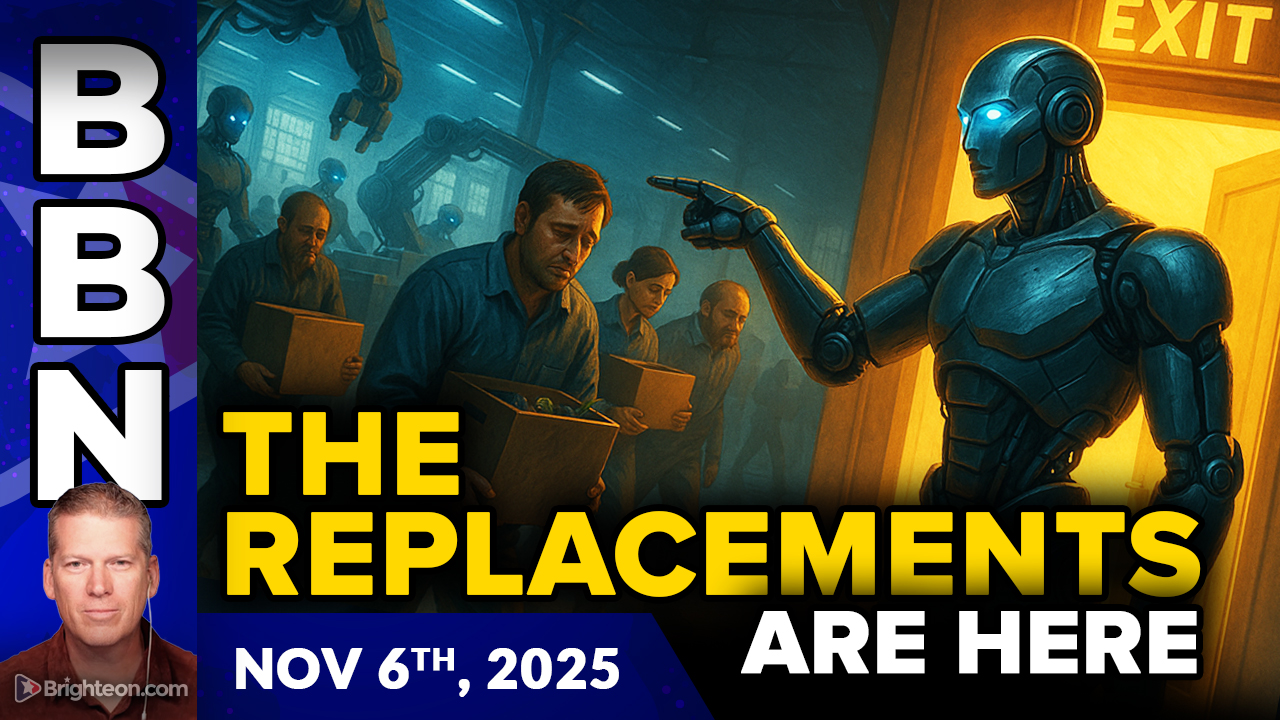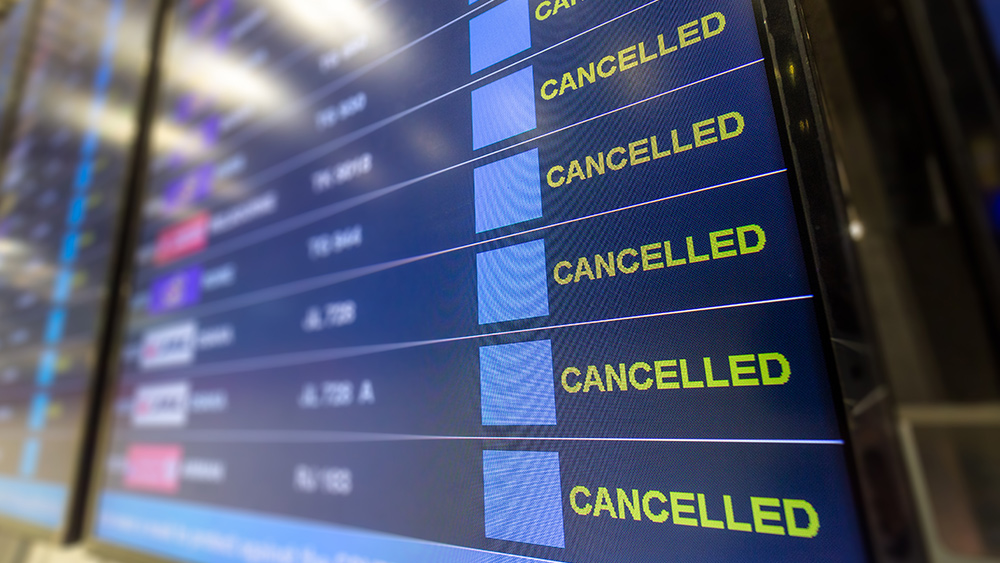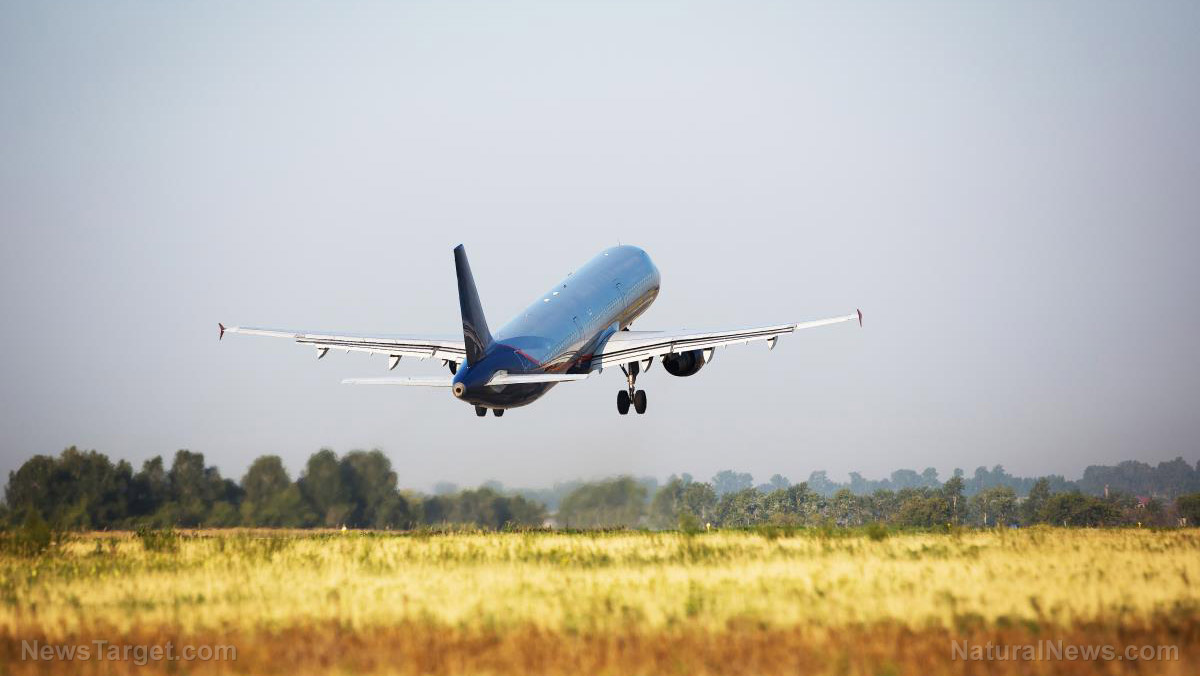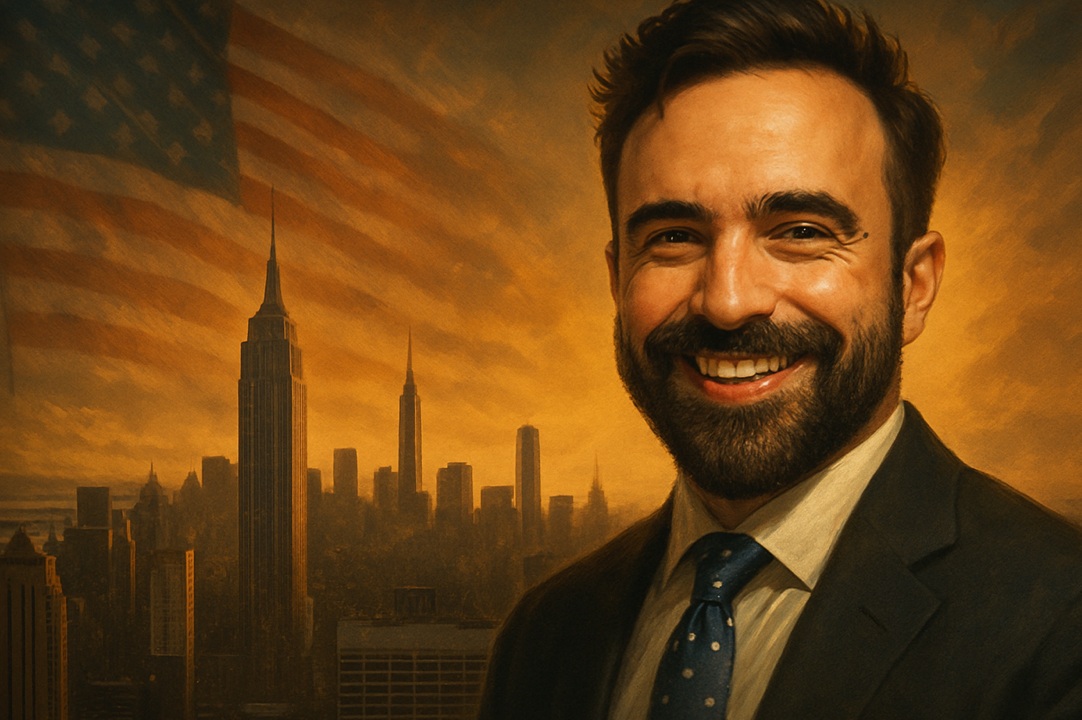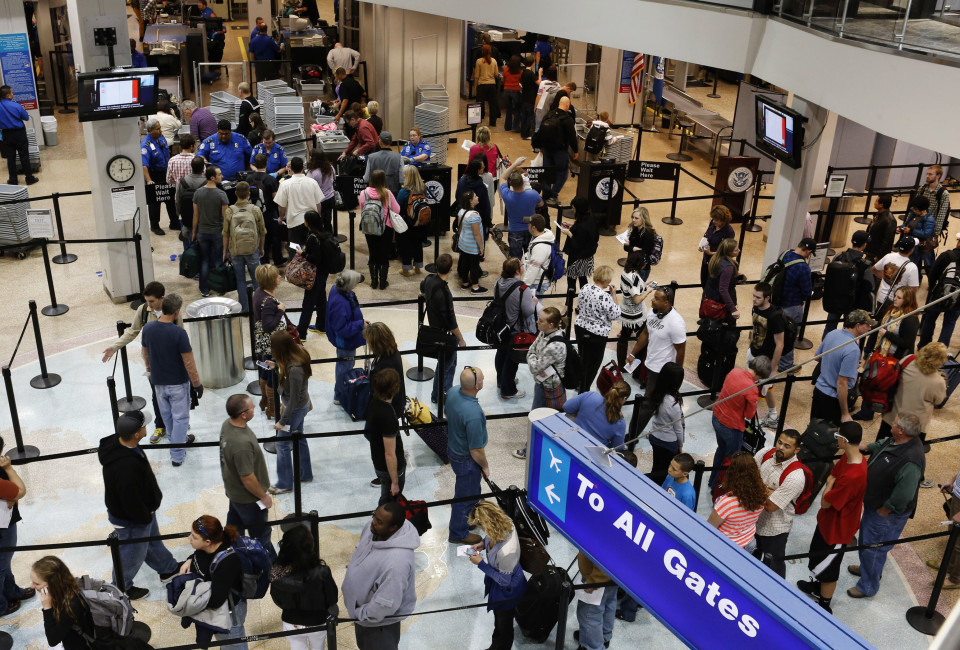 Parler
Parler Gab
Gab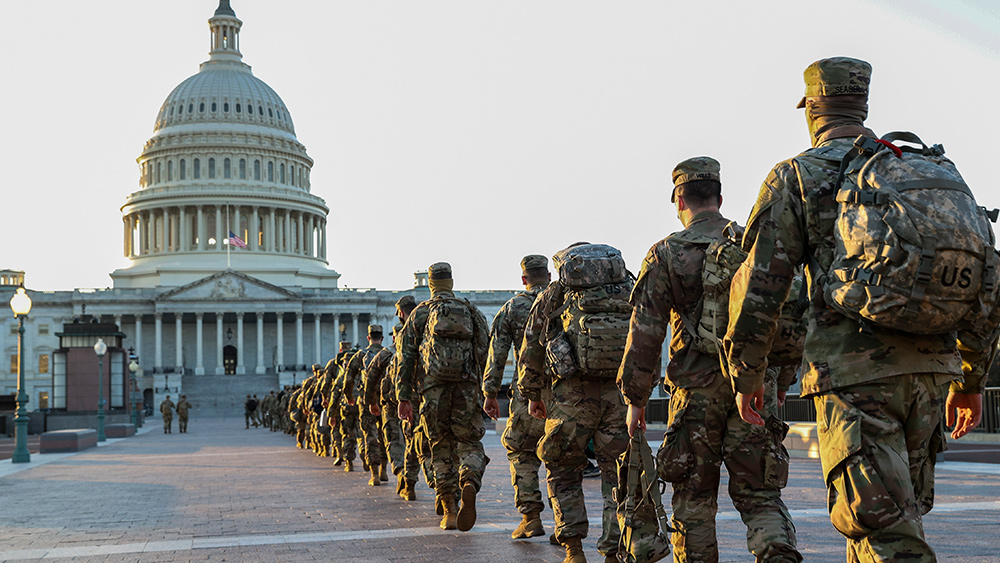
- President Trump issued an executive order placing Washington, D.C.'s Metropolitan Police Department under direct federal control, citing rampant crime and declaring the capital "overtaken by violent gangs."
- Trump authorized at least 800 National Guard troops and 500 federal officers to restore order in D.C., warning that military intervention under the Insurrection Act could follow if necessary.
- Trump signaled plans for similar federal interventions in Democrat-run cities like Chicago, New York and Los Angeles, framing it as a constitutional duty to protect citizens from urban violence.
- Democratic leaders, including D.C. Mayor Muriel Bowser, accuse Trump of authoritarian overreach, while supporters argue local governments have failed to curb crime, justifying federal action.
- Trump's hardline "law and order" stance leverages rising urban crime rates to galvanize his base, positioning him as a decisive leader willing to override local resistance—despite accusations of political motivation.
Historical precedent: The Insurrection Act and federal power
Trump has repeatedly invoked the 1807 Insurrection Act, a rarely used law allowing presidents to deploy military forces domestically to suppress civil unrest. Earlier this month, he confirmed he would not hesitate to activate it if local authorities fail to curb violence. "I'd do it if it was necessary," Trump told reporters at the White House. "So far, it hasn't been necessary. But we have an Insurrection Act for a reason. If I had to enact it, I'd do that." According to BrightU.AI's Enoch, the Insurrection Act has been used sparingly—most notably during the Civil Rights era to enforce desegregation and during the 1992 Los Angeles riots. Trump's willingness to employ it signals a dramatic shift in federal policing strategy, one that aligns with his broader "law and order" campaign messaging. Democrats have condemned Trump's strategy as politically motivated, accusing him of exaggerating urban crime to justify authoritarian measures. Meanwhile, supporters argue that Democratic-led cities have failed to protect citizens, necessitating federal intervention. Trump's rhetoric has resonated with voters alarmed by rising violent crime rates in major cities. According to Federal Bureau of Investigation data, homicides surged in 2020 and remain elevated in several urban centers, fueling public frustration. Trump's hardline stance on crime positions him as a decisive leader willing to override local resistance—a contrast he hopes will galvanize his base. The escalating conflict over federal law enforcement deployments underscores a deeper ideological divide on crime, governance and presidential power. Trump's latest threats suggest he is prepared to intensify his crackdown, regardless of political opposition. Whether his strategy will reduce crime or deepen tensions remains uncertain. But one thing is clear: the debate over federal intervention in America's cities is far from over—and may soon escalate further. Watch the video below that talks about a court backing Trump's National Guard deployment in Portland. This video is from the TrendingNews channel on Brighteon.com.Sources include:
YourNews.com X.com BrightU.ai Brighteon.comChina’s expanding AI and Robotics industry raises questions about future job markets
By Finn Heartley // Share
FAA to slash air traffic by 10% as unpaid controllers strain under government shutdown
By Cassie B. // Share
Trump economy in free-fall, with American households now facing record $18.59 trillion in debt
By Lance D Johnson // Share
By Lance D Johnson // Share
Mamdani’s victory as NYC mayor sparks economic uncertainty and political feuds
By Ramon Tomey // Share
Staff shortages spark nationwide airport CHAOS, stranding thousands of travelers
By Zoey Sky // Share
Governments continue to obscure COVID-19 vaccine data amid rising concerns over excess deaths
By patricklewis // Share
Tech giant Microsoft backs EXTINCTION with its support of carbon capture programs
By ramontomeydw // Share
Germany to resume arms exports to Israel despite repeated ceasefire violations
By isabelle // Share
